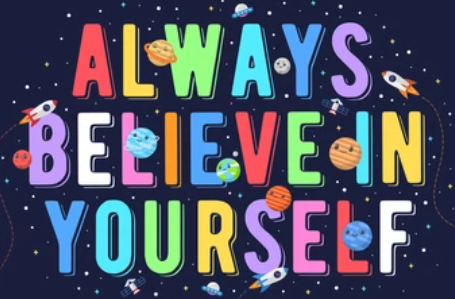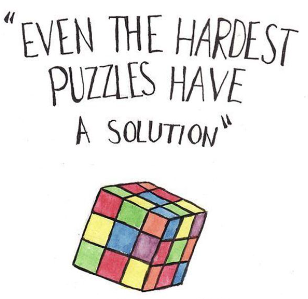Autumn 1
Our learning in Year 4 will build upon prior knowledge and learning as well as delving into and exploring new topics and skills.
English
Our first topic in Year 4 is going to be focused on a narrative with the final outcome being for pupils to write their own story. This will be delivered through Talk For Writing so they will imitate the text orally as well as analysing and modelling the text type before then applying it to their independent piece. The model text we will be using is called Zelda Claw which is written by Pie Corbett. We will be focusing on creating a realistic setting as well as the opening and ending of our stories.
Grammar
Many grammatical terms and features will be taught through our English lessons, but pupils will also take part in separate grammar lessons as well as completing a Grammar and Lightning each week. Pupils will start by recapping prior learning - looking at things such as word classes, sentence structures and punctuation, before delving into new areas such as fronted adverbials and noun phrases.
Grammar and Lightning is designed to embed key concepts and vocabulary that are needed to reach the expected standard by the end of Year 4.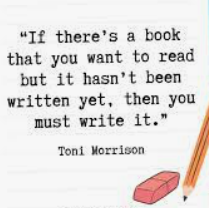
https://www.topmarks.co.uk/english-games/7-11-years/spelling-and-grammar
https://www.bbc.co.uk/bitesize/topics/zhrrd2p
Vocabulary
Bedrock will continue to be used to improve pupils’ vocabulary knowledge. Pupils will be given opportunities in class to complete sessions but the expectation for pupils to complete at least 2 lessons a week at home still remains.
https://app.bedrocklearning.org/school/class
https://www.topmarks.co.uk/Search.aspx?q=vocabulary
Guided Reading
Pupils will continue with their work on Reading for Inference which has become familiar with the pupils over the past few years. Pupils will look at and annotate texts with prior knowledge and links that they can make to either themselves or other books that they have read. As a class we will then discuss our opinions and ideas. This approach enables the pupils to gain a deeper understanding of what they are reading by allowing them to familiarise themselves with plots and characters. In addition to this, pupils will look at different question types and be able to pick out and understand key vocabulary within them to ensure they have a solid understanding of what they are being asked to do.
https://readtheory.org/auth/login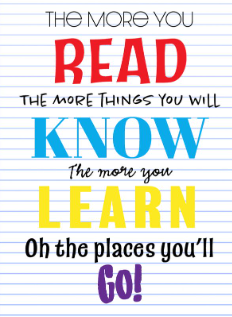
https://www.education.com/games/reading/
Maths
We will start off with a focus on place value as this underpins all Mathematics. Pupils will look at and work with numbers up to 10,000 - ordering, comparing, partitioning, rounding, representing and identifying different place values. After this, we will move onto addition and subtraction using 4-digit numbers. Alongside using the column method, pupils will have to reason and problem-solve using all the above.
Every week pupils will complete a Number and Lightning and skills for this will be taught in addition to their daily Maths lessons. Pupils who are already competent in certain areas, will further embed their understanding. These skills will be taught in small groups to ensure a confident understanding is achieved by all pupils.
Time Tables will be a huge focus in class, with daily teaching and practice. It is imperative that pupils are able to recall all multiplication and division facts up to 12 x 12 in order to access all the curriculum. Pupils should also work on their times table at home. Pupils will be required to sit the Multiplication Check later on in the year.
https://www.topmarks.co.uk/maths-games/hit-the-button
https://www.timestables.co.uk/
https://www.bbc.co.uk/bitesize/subjects/z826n39
Science
Our topic for this term is Grouping and Classifying Living Things. Within this, pupils will distinguish between various animals and plants based on a selection of criteria, such as vertebrates and invertebrates. They will be able to identify what all living things need to stay alive and finally, they will learn to read, interpret and create their own classification keys.
https://wowscience.co.uk/resource/material-properties/
Computing
We will be following Kapow for our Computing this term and will be focusing on collaborative learning. This includes different ways in which you can work with others using the computer. Through this unit, pupils will be introduced to Google Forms, Power Points, Word and Shared Spreadsheets. This unit will provide pupils with the skills and knowledge to complete the remaining units across the year.
PSHE and RSE
After an initial introductory lesson where rules and expectations will be established, pupils will focus on families and relationships. This unit will look at manners, respecting others, healthy friendships, social behaviours, bullying, gender and disability stereotypes, different types of families and coping with change/ loss.
RE
Our question this term for RE is Are all Religions Equal? Within this topic we will be looking at how religions are connected and how people have different views of God. In addition, we will look at why it is important for all religions to respect one another and how we can ensure that we live in harmony.
PE
Pupils will take part in two PE lessons each week. One lesson will be focused on Health and fitness and the other on Gymnastics.
Health and Fitness - Pupils will be introduced to various components of fitness such as co-ordination, stamina, agility and reaction time and these will be tested and practised in a bid to improve. Pupils will evaluate a peer’s performance and look to offer ways to improve. Alongside this, pupils will learn why we have to stay physically active and healthy and the impact both this and a sedentary lifestyle can have on a human’s body.
https://www.youtube.com/channel/UCAxW1XT0iEJo0TYlRfn6rYQ
https://www.youtube.com/results?search_query=workouts+for+kids
Gymnastics – As well as recapping the different shapes used within gymnastics, pupils will focus on a range of floor work such as handstands, headstands and cartwheels. Pupils will be taught to safely support others and again, pupils will look to evaluate and improve others.
https://www.youtube.com/watch?v=szwLVN9OwKc 
History
In History, we will be learning about Ancient Greece. Within this topic we will look at how Democracy, the Peloponnesian War, Parthenon, Odyssey, Greek Literature and Philosophy.
Art and Design:
In Art, we will be looking at a range of Art and Design Skills. Pupils will use various techniques such as painting, sketching, sculpting, modelling and carving to create various pieces of artwork. In addition to this, the pupils will focus in on the work of Paul Cézanne.
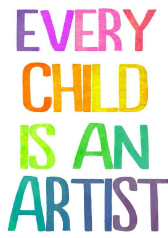
Thursday 5th September - Autumn Term starts
Monday 21st October - Individual school photos
Monday 28th October - Friday 1st November - Half Term.
